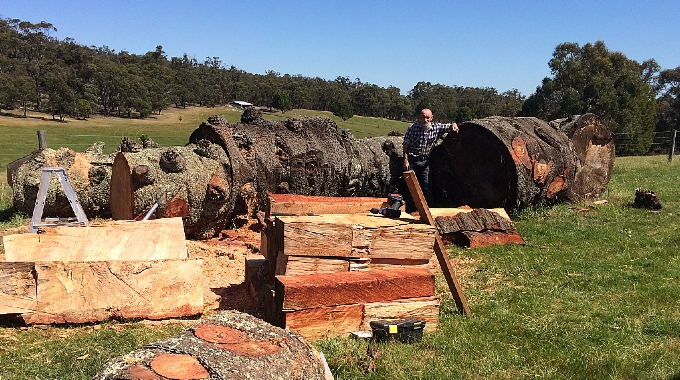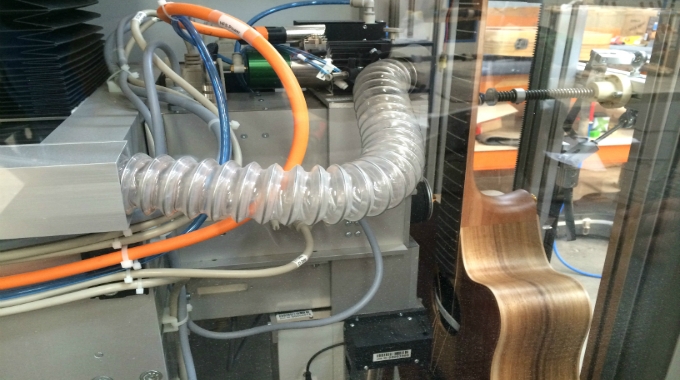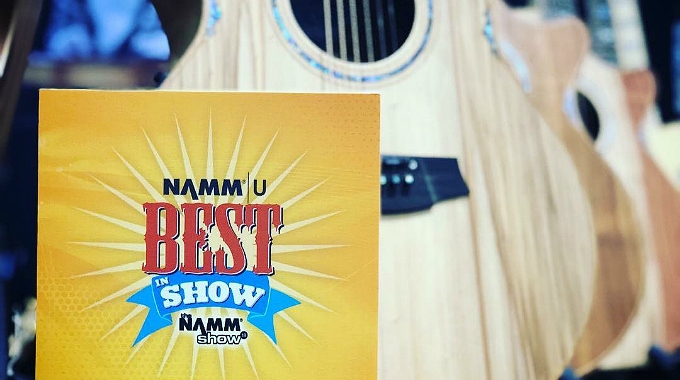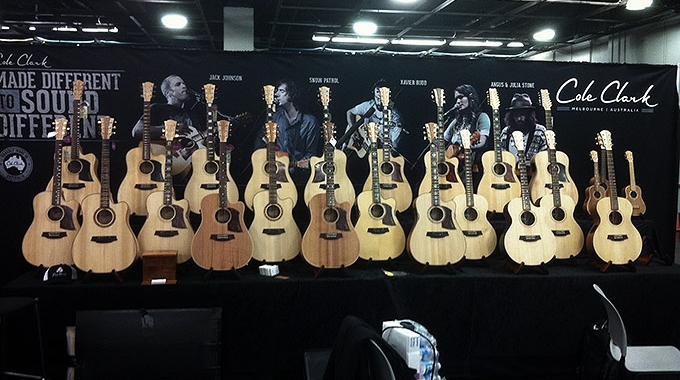
Sustainability has always been a focus for us here at Cole Clark. Over the past few years we have taking huge steps with that mission and we are now the world leader in sustainable guitar making.
Replacing endangered timbers.
Because we have always used unique timbers that are largely indigenous to Australia, the vast majority of our guitar build was always sustainable. In most cases, the only endangered wood on a Cole Clark was on the fretboard and bridge. Replacing those endangered timbers with sustainable, locally available alternatives such as Sheoak and Satin Box in 2015 allowed us to produce guitars made without any form of endangered timber for the first time. Today, 96% of our annual build contains no endangered wood, with the other 6% comprising ebony fretboards and bridges or rosewood left from prior to the CITES restrictions. See our environmental statement for more information.
Urban Recovery.
In 2014, we started engaging in Urban Recovery Projects. This is where trees in urban areas are dying, have come down in storms or through other natural causes or otherwise need to be removed for safety purposes. These trees usually become mulch. Instead, we liaise with local councils and arborists to have the tree delivered to our facility where we mill in house. This also means that much of the carbon that would have been lost when the tree was mulched remains in the guitar (Carbon sequestration). Around 30% of our timber comes through urban recovery. The rest comes from sustainable plantations and farms from Victoria, Tasmania and Queensland.
Transparency.
The term ‘sustainability’ itself can be confusing and take on different meanings. Some guitar manufacturers will claim sustainable use of a timber based on the sourcing of that timber rather than it’s status as endangered. From our point of view, timbers on the IUCN Red List of threatened species are endangered and not using them at all, regardless of how it’s sourced should be the goal.
It’s also essential that people know whether the timber they’re buying is truly sustainable. Woods are often grouped into larger families. Some are sustainable, others are not.
‘Mahogany’ is a great example. The term is used for a number of brown timbers. Without knowing the scientific term, it’s impossible to know whether that Mahogany is endangered, or even if it’s actually Mahogany. ‘Khaya’, commonly known as African Mahogany is in fact NOT a Mahogany.
We use the scientific terms for our timbers on our timber page to help the customer make an informed choice and also to begin a wider discussion on ethical promotion of guitars.



